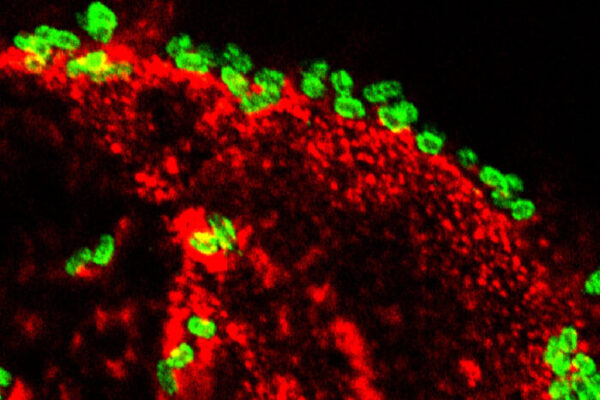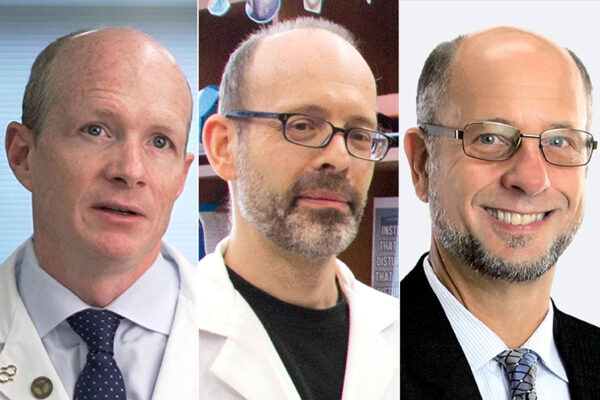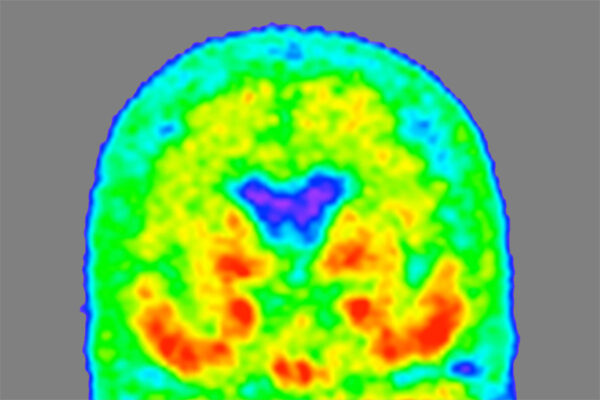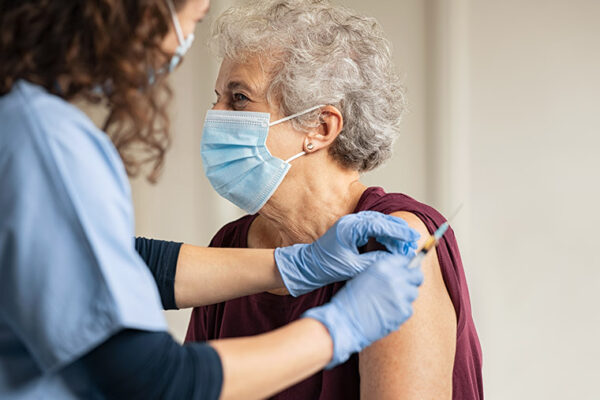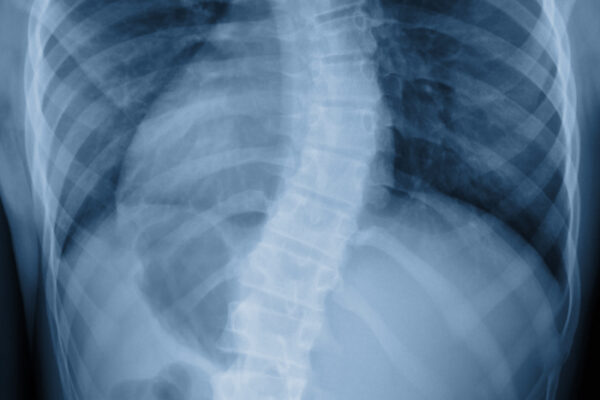Toxin provides clues to long-term effects of diarrhea caused by E. coli
A study from researchers at Washington University School of Medicine in St. Louis has found that a toxin produced by E. coli changes intestinal cells to benefit itself, an ability that could provide a clue to why the bacteria have been linked to nutritional problems such as malnutrition and stunted growth.
Monitoring labor in pregnancy aim of grant to develop imaging technology
Researchers at Washington University’s School of Medicine and McKelvey School of Engineering plan to develop a portable, inexpensive and noninvasive 3D imaging system designed to monitor women’s progression during labor. The technology aims to improve maternal and infant health outcomes in underserved regions.
Examining schools’ lack of response to food insecurity during pandemic
As schools across the United States have moved to online learning or hybrid models due to the COVID-19 pandemic, a new study from the Brown School at Washington University in St. Louis investigates the responses of child nutrition administrative agencies.
Bateman, Diamond, Hultgren named to National Academy of Inventors
Washington University School of Medicine in St. Louis faculty members Randall J. Bateman, MD, Michael S. Diamond, MD and Scott Hultgren have been elected fellows of the National Academy of Inventors, the highest professional distinction accorded solely to academic inventors.
Novel form of Alzheimer’s protein found in spinal fluid indicates stage of the disease
Researchers at Washington University School of Medicine have found a novel form of the Alzheimer’s protein tau in the fluid surrounding the brain and spinal cord. This form of tau — known as MTBR tau — indicates what stage of Alzheimer’s a person is in and tracks with tangles of tau protein in the brain.
A recipe for protein footprinting
By publishing their method in the journal Nature Protocols, chemists including Michael Gross, who has a joint appointment in Arts & Sciences and the School of Medicine, have opened doors for fellow scientists to better address research questions related to Alzheimer’s disease, the COVID-19 pandemic and more.
Construction progresses on neuroscience research building
The School of Medicine’s eastern border will look strikingly different in 2023, when the 11-story neuroscience research building is complete. At this point, more than 106 drilled concrete piers have been poured, and the interior columns and floor in the basement’s western half are complete.
Building better vaccines for the elderly
Meredith Jackrel, in Arts & Sciences, studies protein misfolding and how it leads to disease. She is collaborating with Jai Rudra at the McKelvey School of Engineering to develop amyloid-inspired vaccine technologies specifically tailored for seniors. The approach could be relevant to COVID-19 as the elderly are particularly susceptible to its severe complications.
Gene that protects against osteoarthritis identified
Researchers at Washington University School of Medicine, working in mice, have found that a molecule previously linked to diabetes, cancer and muscle atrophy also seems to be involved in the development of osteoarthritis. It may offer a useful treatment target.
Severe scoliosis in African Americans focus of $3.2 million grant
Researchers at Washington University School of Medicine in St. Louis have received a five-year $3.2 million grant to study the genetic basis of the musculoskeletal disorder scoliosis, and particularly how it affects African Americans and other underrepresented minorities.
Older Stories
